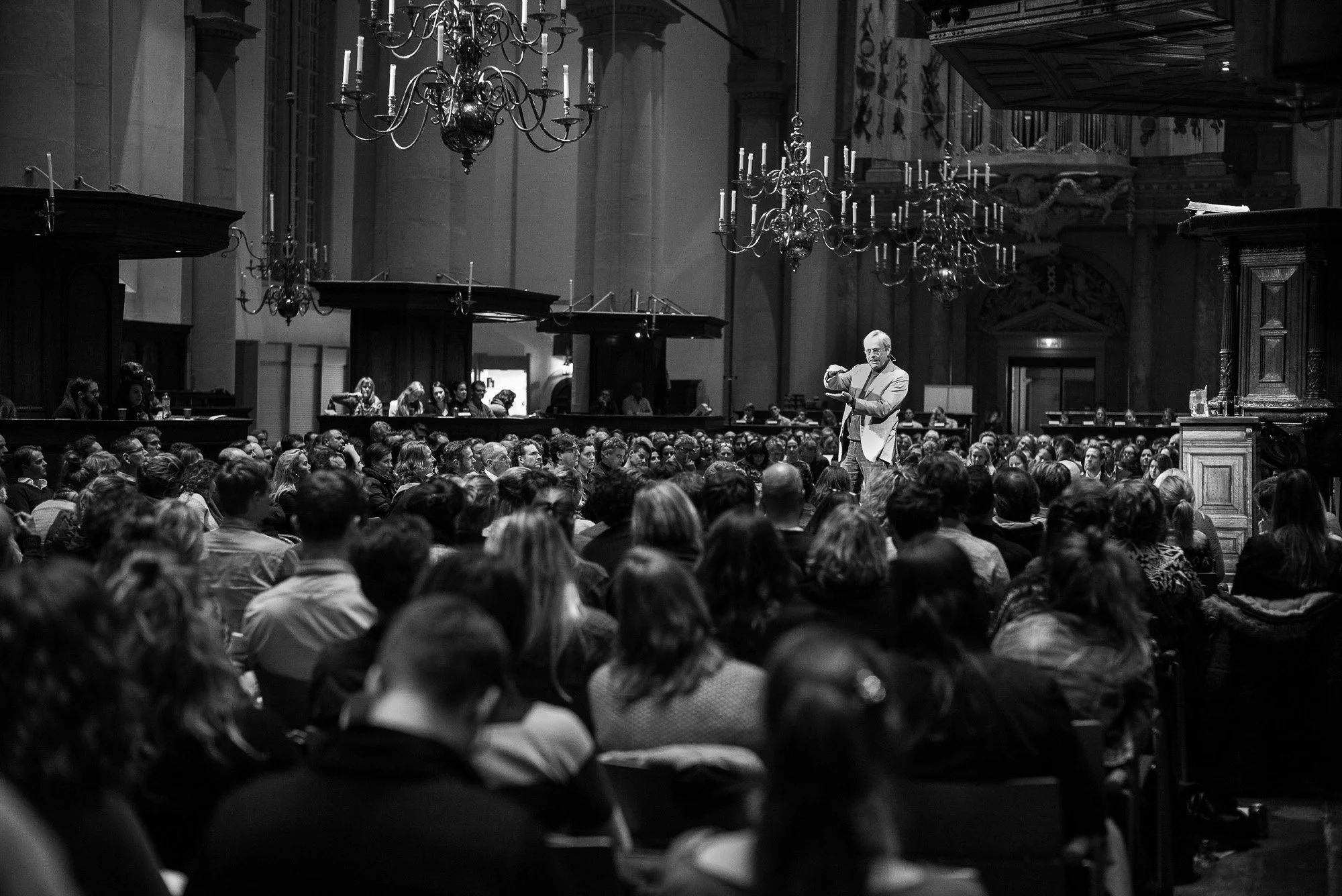Getting Things Done
The GTD Methodology
In an ever-changing working environment, staying organised and effectively managing our tasks and commitments can be a challenge. David Allen’s “Getting Things Done” (GTD) book and program were created to help individuals and companies organise their lives and increase productivity, offering practical strategies and techniques to help them become more efficient, reduce stress, and achieve their goals.
By providing a structured system for task management and prioritisation, GTD promotes a culture of efficiency and accountability within organisations. Employees become more organised, focused, and proactive in their work, leading to improved productivity and timely completion of projects. Moreover, the systematic review and update process encourages effective communication, collaboration, and coordination among team members, ensuring that all are aligned and working towards shared goals.
The GTD methodology is based on five interconnected key principles: capturing, clarifying, organising, reflecting, and engaging. In this summary, we will explore these principles and their relevance to achieving success and productivity.
GTD methodology flowCapture: The first step in GTD is to capture all of the tasks, projects, and ideas that come to mind. This involves writing down everything that needs to be done, no matter how small or insignificant it may seem. By capturing these thoughts, you can free your mind of distractions and focus on the task at hand. Allen suggests using a reliable capture system, such as a notepad, digital recorder, or mobile app, to ensure that nothing is forgotten.
Clarify: The next step is to clarify each task or project on the capture list. This involves determining what needs to be done, what the outcome should be, and what the next steps are. Allen recommends using a “two-minute rule” for simple tasks that can be completed in two minutes or less, and immediately clearing those actions. For more complex tasks, it may be necessary to break them down into smaller steps to make them more manageable, and allocate time for “deep work”.
Organise: Once the tasks have been clarified, they need to be organised into a system that makes sense. Allen suggests using a set of lists to categorise tasks, such as a “next actions” list for tasks that need to be completed soon, a “waiting for” list for tasks that require input from others, and a “someday/maybe” list for tasks that are not a priority at the moment.
Reflect: Regular reflection is a key aspect of the GTD methodology. This involves reviewing the capture and organisation systems regularly to ensure that nothing has been missed and that tasks are still relevant. Allen suggests conducting weekly reviews to ensure that the system is up-to-date and that tasks are moving forward.
Engage: The final step is to engage with the tasks on the list and take action. Allen suggests that individuals should focus on completing the next action on the list, rather than worrying about the entire project or task. By breaking tasks down into smaller steps and focusing on the next action, individuals can make progress without feeling overwhelmed.
Overall, the GTD methodology is designed to help individuals become more productive and focused by capturing, clarifying, organising, reflecting, and engaging with their tasks and projects. By implementing these principles, individuals can reduce stress, increase efficiency, and achieve their goals. Orrekie as a revolutionary, simple and robust way of capturing project information flow supports the GTD methodology.
Getting Things Done with Orrekie
Orrekie is the perfect tool for organising your workflow following the GTD methodology, as it provides the necessary tools to follow the steps and keep track of all your project information:
It can be used as a suitable Capture system; actions, tasks and ideas can be captured and tagged in memos and documents for all members of the team to review and update.
To Clarify the tasks, you’ll be able to manage your projects in detail with memos and documents summaries, turning the input information into comprehensible actions.
Orrekie’s memo system lets the team members Organise these actions by distributing the tasks and crucial information among themselves, so everybody can solve their more urgent assignments swiftly and prioritise the rest.
By having precise real-time tracking of all your tasks and actions statuses, you can Reflect on a regular basis on the state of your work, and keep everything up to date.
Orrekie helps the team Engage their tasks by easily providing a summary of all outstanding actions for a project, or across projects or both. Issued actions or information to others are captured and tracked leaving you to focus on what needs to be done next.
If you are interested in knowing more about the ‘Getting Things Done’ program, read David Allen’s book itself or visit his website Getting Things Done.



